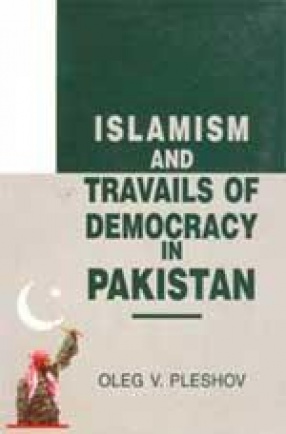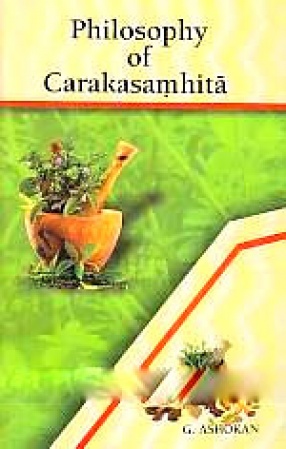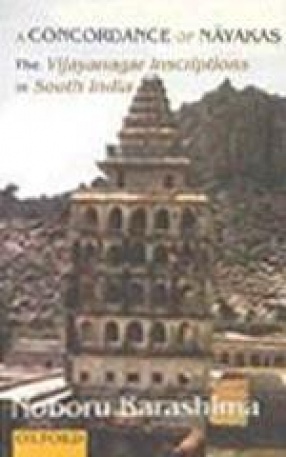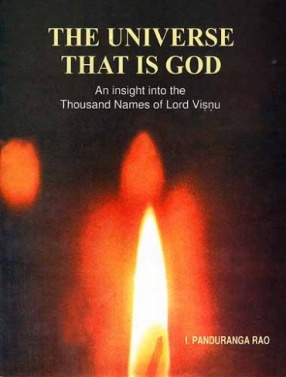The book highlights the peculiarities of Pakistan’s development since its inception in 1947 against the backdrop of historical evolution of Islam on the South Asian subcontinent. Pakistan’s insistence on Islam taking precedence over every aspect of national life has made it easy for the army to seize power on a regular basis. This has resulted in impaired development, on the one hand, and in the growth of radical Islam, on the other. The growth of Islamic fundamentalism in Pakistan radically changed the correlation of forces, gave a green signal to militants’ penetration in Kashmir across LoC with the aims of committing terrorist acts generally made the future of Pakistan itself uncertain. The author argues that the ‘Ideology of Pakistan’ is nothing but a negation of M.A. Jinnah’s idea of Muslim nationalism. The creators of the former–the fundamentalists–have substituted the concept of ‘Muslim state’ (meant by Jinnah as a secular state) with the concept of ‘Islamic state’, which is opposite in content since it rejects both secularism and democracy. The author brings out the paradox of Pakistan’s model of social development, which represents, on the one hand, the desire of the ulema to instill in society the idealistic moral code through increasingly more aggressive means, and amazing pragmatism of the electorate, on the other. Analysing the dynamics of this process, the author wonders whether the dormant tendency to democratize Pakistan is strong enough and whether the Pakistanis really know what they want for themselves.
Philosophy of Carakasamhita
$38.70
$43.00





There are no reviews yet.